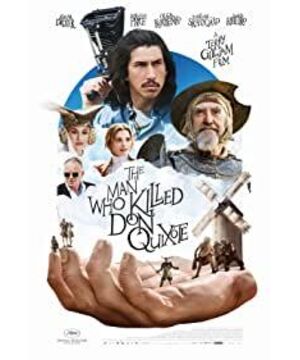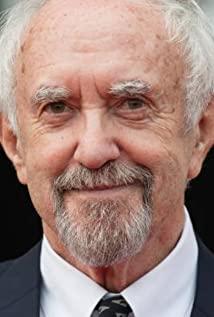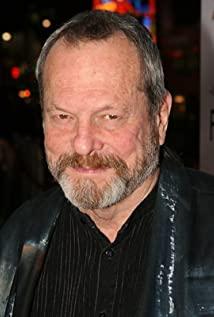Melbourne Film Festival 2018
You may all know the process of making the film, and it really has an inexplicable fit with the spirit of Don Quixote. Repeatedly, in the end it was done. Before I watched it, I read the evaluations of many English film critics on the Internet, and the expected value of the film is actually not high.
The Economist said half-ridiculously and half-seriously: "Why take 30 years to shoot Don Quixote, if you don't understand Don Quixote at all."
The feminist critique issued by the New York Times is: "This is a film that has many good points of view on art and film, but has a terrible perception of women."
With this kind of psychological expectation, in fact, I have always watched critically and critically. My prejudice has not been eliminated in the first 30 minutes of watching the film. And the script really has a lot of obstructions.
Successfully conveyed the theme of Don Quixote’s soul, using absurdity to deconstruct this more absurd world
The director's personal style is very clear, very Intense, and many pictures and plots make you feel sharp. That kind of ridiculous attitude that makes you feel a little crazy, as well as the skill of Don Quixote's actor and the lines, made me gradually start to think-huh, it's actually not bad.
There are many things that are impossible without focusing. But if the movie is too loyal to reality, how can he trick you into another dimension, and how can he force you to live another person's life?
At the end, the Melbourne audience also stood up and applauded for the face.
Speaking of feminism-if we are totally unwilling to recognize and describe the true state of women's lives, is it actually a worse form?
There are many dissident female images in it, but I think the critics' view that he is outdated feminism based on this is actually not objective. I think a more calm and mature view of feminism should see that if a writer or a director shoots something, it does not mean that he affirms this phenomenon.
It has to be said that in Hollywood and other movies, as well as high places of power and money, the living environment for women is still very poor. Most women really need to rely on appearance and men to get what they want. Portraying "women waiting to be redeemed by men" or "changing their own destiny through a man" does not mean that the director is sure that this state is right.
If we are totally unwilling to admit and describe the true state of female life, is it actually a worse form?
At the end of the movie, the desert is lonely, two thin horses and a crazy head, walking towards the sunset.
May every idealist have an immortal soul.
View more about The Man Who Killed Don Quixote reviews











